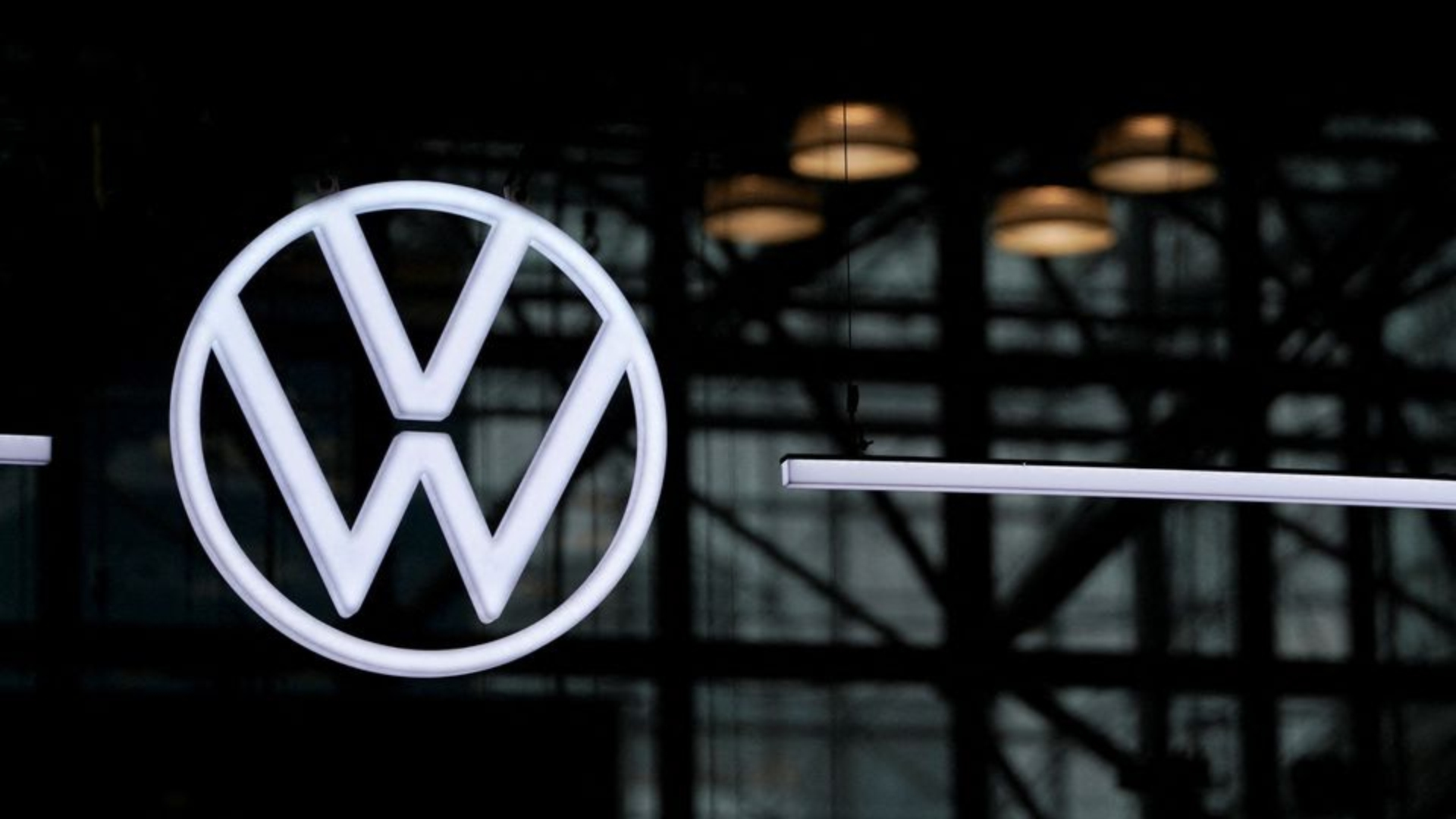Summary
- Volkswagen CFO: Indian market has clear potential
- Volkswagen CFO: in very good discussions on partnerships
- India accounted for 1% of Volkswagen deliveries in 2023
MUNICH, (Reuters) – Volkswagen is in concrete talks about partnering up on passenger car production in India, the group’s finance chief said on Thursday, adding it was tough to earn money in the market that still presents a “clear” opportunity.
“We are in very good discussions,” Arno Antlitz told the Reuters Events Automotive Europe conference in Munich. “It’s very, very concrete,” he added, without specifying.
“I think we shouldn’t underestimate the potential in India in terms of a market … and in terms of regulatory uncertainty between the U.S. and China. I’m very positive about India,” said Antlitz.
His comments partly reflect concerns about the risk of an escalating trade war between Washington and Beijing and the possible implications for European carmakers, most of which heavily rely on the Chinese market.
The comments come after Volkswagen in February signed a supply agreement with India’s Mahindra on the use of key electric components of the German carmaker’s open platform for electric vehicles.
At 101,553 delivered vehicles, India is so far a small market for Volkswagen, accounting for little more than 1% of deliveries across the whole group in 2023.
Volkswagen operates two plants in India, in Aurangabad and Pune, with the latter having an annual production capacity of up to 200,000 cars, and is present in the market with its Skoda, Volkswagen, Audi, Porsche and Lamborghini brands.
Volkswagen’s Skoda brand, which was been active in the Indian market since 2001, in February said it would launch an all-new compact sports utility vehicle for the Indian market – to be developed and built locally – in the first half of 2025.
Volkswagen’s brands aim for a 5% share of the Indian car market by 2030.
“We look into various options … but here it’s a clear opportunity to do it together … in passenger cars,” Antlitz said.
Reporting by Joseph White and Christoph Steitz, editing by Tomasz Janowski, Kirsten Donovan











